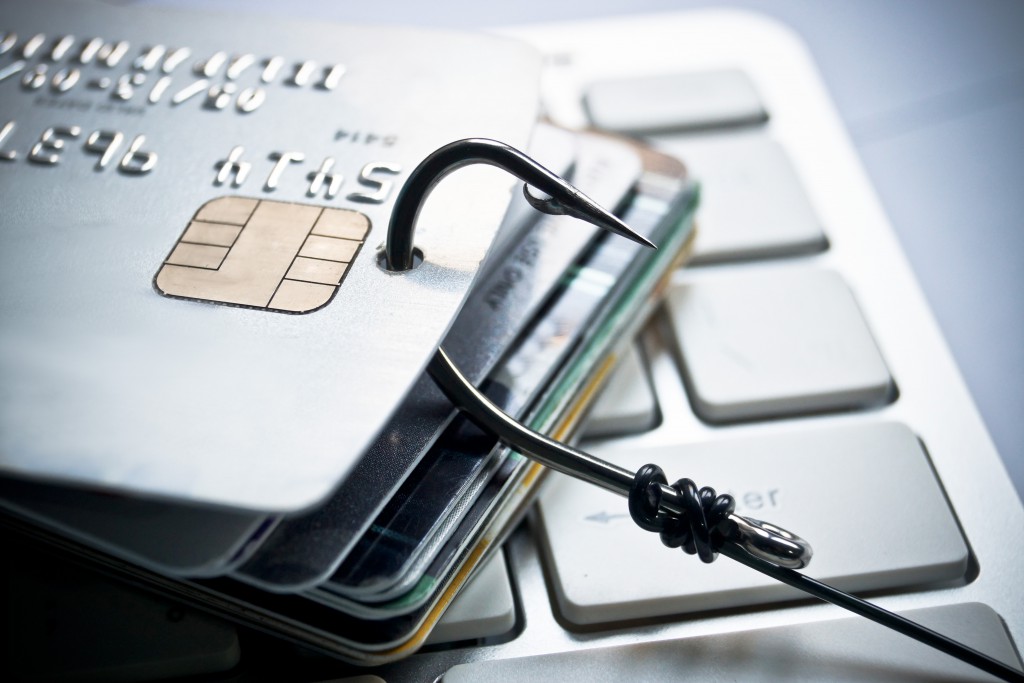
A payment processing company going by the name Nets from Denmark has reported several local banks that they should discontinue 100,000 credit cards because of fears the cards have been hacked, the firm says.
The company has been reported by Reuters to have displayed concerns that there has been a security breach primarily involving transactions to a single retailer over the web. The retailer Is believed to be based abroad.
So far it is to be said for certainty that no cards have been tampered with, however in the near future there may be some serious security issues with those cards. The seriousness of the issue has pushed companies Mastercard and Visa to immediately focus on investigating the situation.
The company advises to replace the compromised cards because if money is drawn from them this could result in financial losses in the millions because of illegally obtained credit card details.
One of the banks – Jyske has already begun the replacing procedure by changing the information and the physical cards on over 7,000 accounts.
With the winter holidays approaching, credit card information theft and banking malware aiming at bank accounts are growing significantly and users are warned not to share their credit card details online to anyone and to always use the proper protection measures.
We have provided several protection tips to keep you safe:
Always check the website you are performing online shopping with. It may be phishing for information via Banking malware that may have infected your computer.
Make sure to wear reflective wallets on your credit/debit cards because this will not allow cyber-criminals to extract their information via skimming devices such as Wireless UHF antennas.
Be careful of which websites you choose for your online shopping. Some global online retailer websites were recently attacked by a very strong malware, called Magecart which extracts financial information via a malicious script.
Be on the lookout for skimming devices and always check the ATM you are using has the original card slot. Skimming devices can be spotted if you try to take off the slot on the ATM with your bare hands and they should be taken off fairly easily.
Be careful what type of e-mails you open. Banking malware often conceals itself behind malicious e-mail attachments seem to appear like legitimate files. This is why before opening such files you should also perform a thorough check for malware by combined scanners, like the VirusTotal browser extension, for example, which scans an item or a page before the user accesses it.
Employ a non-commercial anti-malware software with real-time shields that will significantly increase protection and remove unwanted software that spreads malware.


